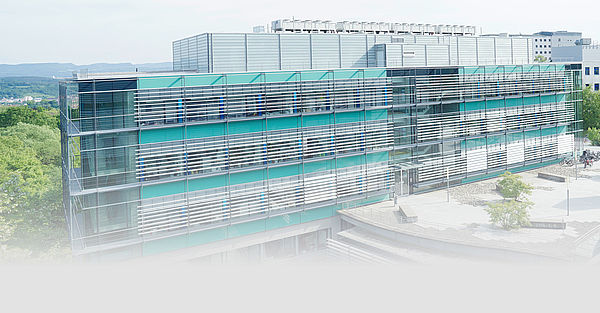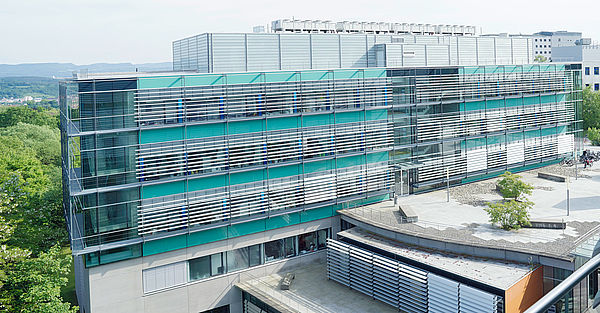Pontocerebellar hypoplasia type 2 (PCH2) is a very serious neurodevelopmental disorder in children. It is caused by a single DNA building block being swapped. The tiny genetic change, which only occurs in about one in a million people, causes a disruption in the development of certain areas of the brain, which leads to significant limitations in psychomotor development. Most affected children die before they reach adolescence.
Prof. Simone Mayer, head of the “Molecular Brain Development” research group, and her team at the HIH are researching brain organoids that are created from donated skin cells from children affected by PCH2a. These tissue structures can grow in three dimensions outside the human body and mimic the cellular architecture and certain functional aspects of brain areas. Brain organoids give researchers insights into early brain development and the development of neurological and psychiatric diseases. They also enable the investigation of the effects of drugs, toxins, germs or viruses as well as genetic variability on human brain cells and brain development.
Find out more about the research group of Prof. Mayer
Prof. Matthis Synofzik, head of the “Translational Genomics of Neurodegenerative Diseases” section at the HIH, is leading a very special healing attempt at the Tübingen Hertie Center for Neurology:
For the first time in Europe, a gene-based therapy is being administered that has been specifically tailored to the individual genetic defect of a 5-year-old child. 5-year-old Poyraz suffers from ataxia telangiectasia, a very rare and serious disease that causes a progressive loss of the ability to walk and stand.
The reason for the disease is a congenital change in a gene, a so-called mutation. The mutation means that cells can no longer “read” a particular gene correctly. “This triggers a whole sequence of faulty processes in the cells, culminating in cell death. To date, there is no therapy that addresses the cause of the disease,” explains Prof. Matthis Synofzik.
Together with an international research team, Synofzik is taking an innovative path. The scientists produced so-called antisense oligonucleotides, or ASO for short, in the test tube. These are short pieces of RNA. The researchers created them so that they can lie exactly over the mutated area in the patient's genome. This means that the cells can read the gene correctly again and the important protein is produced at normal levels.
“This tailored, highly individualized approach is revolutionary in medicine,” says Synofzik.
Find out more about the research group of Prof. Synofzik










